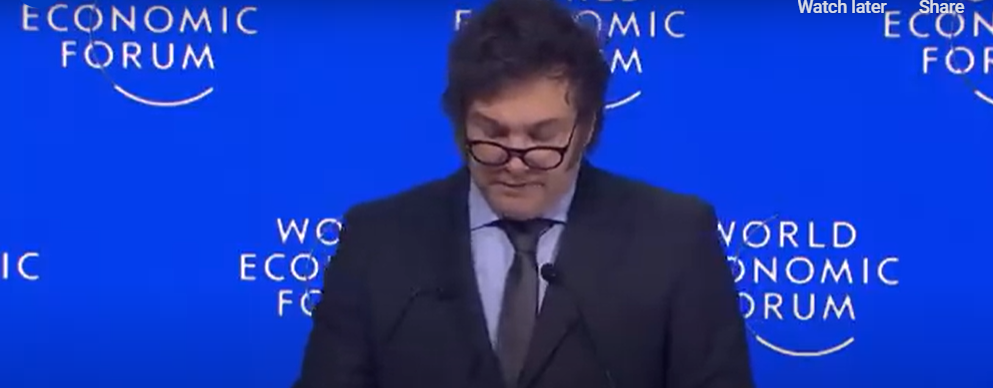From the brink of hospice with Stage 4 cancer to remission — thanks to ivermectin?

‘He was dying, and he isn’t now'
After ten rounds of radiation and six of chemotherapy, Paul Mann had already been referred to hospice care when a call out of the blue presented him with options he never knew he had. Then 55 years old, he had tumors in his chest, abdomen, pelvic region, spine, ribs, and shoulders. “You are completely full of cancer,” one of his doctors had told him. “There’s no cure,” said another. “We’re just trying to prolong things as much as we can.”
The call came from Dr. Kathleen Ruddy, an oncologist with over 30 years of experience, and she wanted to discuss trying a new but old drug for Mann’s cancer. The drug was ivermectin.
Mann was already using a number of other alternative treatments, including chaga mushroom, ground flax seed, and high-dose vitamin D and zinc, but he listened and decided to give ivermectin a try. He started taking the drug every day, and when he went for a check-up two months later he found he was in remission. His tumors had disappeared and the cancer in his bones appeared to have stopped growing.
“He was dying, and the man’s not dying now,” said Dr. Ruddy, who called his response to ivermectin “astonishing.”
His clinical remission over the past year has also been remarkable—very close to a “complete clinical remission” at this point in time.
Old drugs for new diseases
It’s with people such as Paul Mann in mind that Dr. Ruddy is now partnering with Dr. Paul Marik, the former head of Pulmonary and Critical Care Medicine at Eastern Virginia Medical School and Chief Scientific Officer at the FLCCC Alliance.* The FLCCC just recently announced the launch of a new study that will involve 500 patients in five clinics, investigating the use of repurposed drugs for various types of cancer (including prostate, lung, breast, and colorectal) to see if they improve five-year survival rates
“We hope that our research will bring attention to often overlooked methods for treating cancer as well as managing the symptoms from conventional treatment,” said Dr. Marik
Our research is intended to advance a better understanding of how cancer can be treated more efficiently, with fewer side effects, through using well-studied approaches that include readily available medications that are well-studied and known to have minimal side effects.
The study will test use of not only ivermectin but also mebendazole and other commonly used drugs that have been around for years, if not decades. Mebendazole and ivermectin, both antiparasitic drugs, act by disrupting the biochemical pathways on which cancer tumors depend, Marik explains.
They act on tumor stem cells and the tumor microenvironment. Unlike chemo, which only targets rapidly dividing cells, both ivermectin and mebendazole have been proven to act on multiple tumor pathways involving multiple different cancer types.
Dr. Ruddy stresses that although the study is new, it builds on decades of research which has shown great promise for the use of repurposed drugs in cancer treatment, particularly ivermectin.
In the pre-clinical data, the twenty years of research that Paul is referring to, there is not a cancer type that has not been impinged upon in terms of its growth and proliferation when exposed to ivermectin. Not one. Not one. All have succumbed, to varying degrees, when exposed to ivermectin.
Better still, Dr. Marik adds, these drugs, whose long-term side-effects as well as short-term drawbacks are known, have none of the life-altering adverse effects of standard cancer treatments.
If you have a look at the list of drugs, they are completely safe and devoid of significant side effects.
Dream of patients, not of oncologists?
This is all good news for cancer sufferers, as is the price tag—because 12-milligram ivermectin pills cost just 25 cents each. Meanwhile, according to a study from 2016, six months of late-stage breast cancer chemotherapy costs around $71,000, excluding surgeries, radiation treatment, and hospitalizations—and prices are expected to rise by around 34 percent within the next few decades.
“That’s what oncologists don’t like,” says Dr. Marik, referring to the gap in price and side-effects between repurposed drugs and chemotherapy etc. Therefore, he anticipates the medical establishment pulling out all the stops to discredit his work, even if that means robbing people like Paul Mann of hope.
We will be attacked. We will be maligned. We’ve got to conduct the study in a way so attacks don’t undermine the work.
* The FLCCC Alliance describes itself as having been organized in March 2020 by a group of “world-renowned thought leaders, with deep knowledge and expertise in a range of important health issues.”




